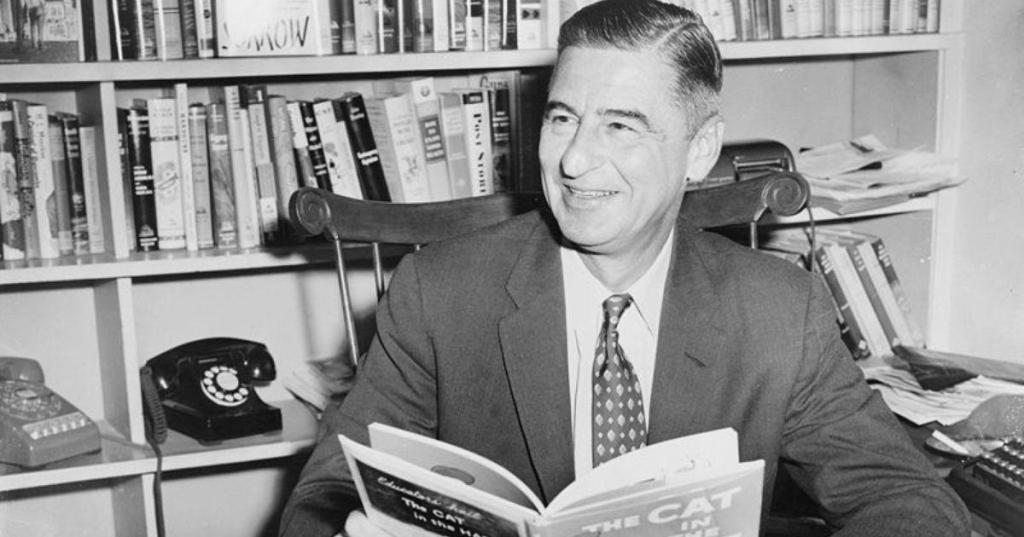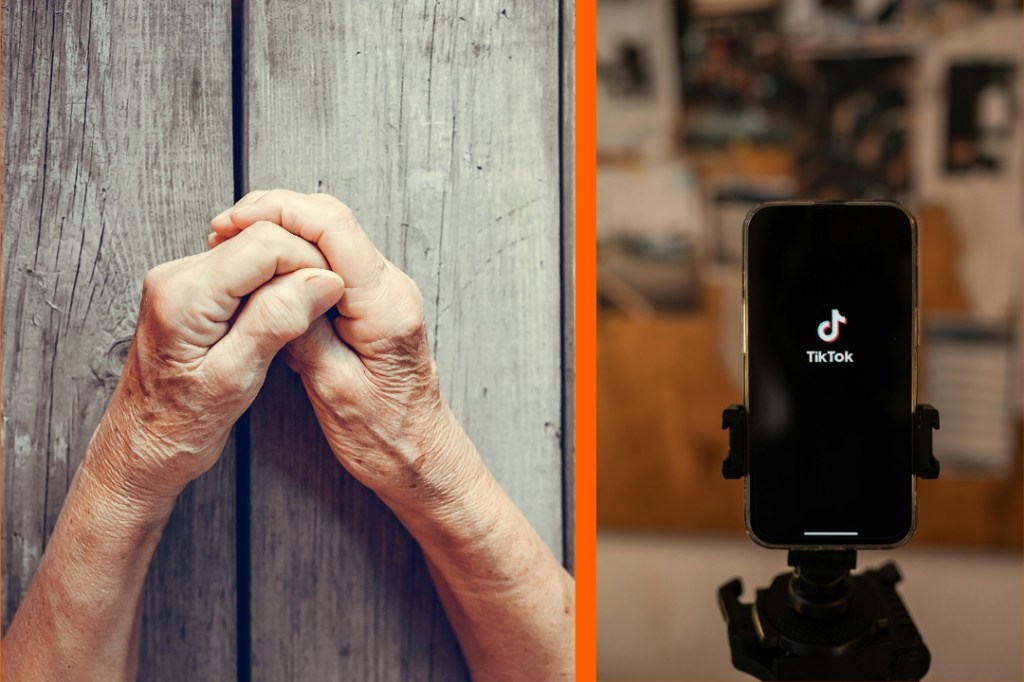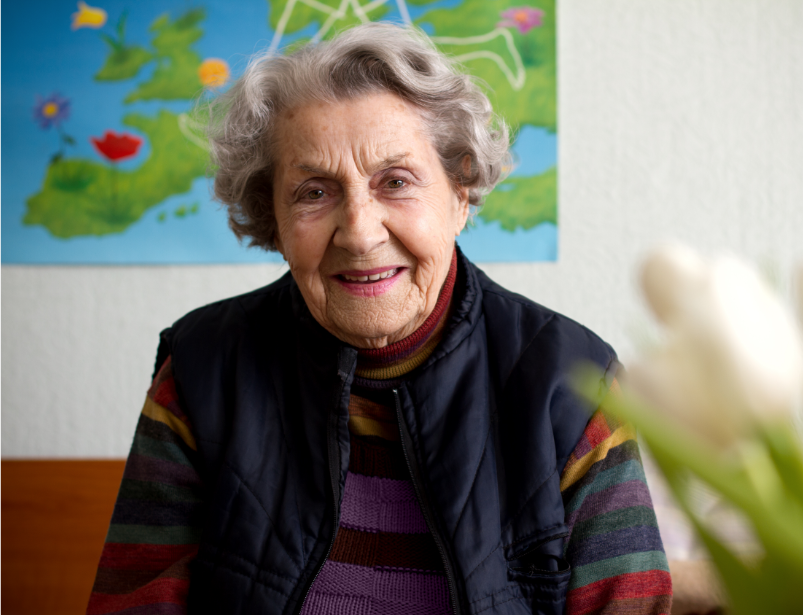A very simple thing happened earlier this week. Dr. Seuss Enterprises—the company that runs the Dr. Seuss estate and holds the legal rights to his works—announced it will no longer publish six Dr. Seuss children’s books because they contain depictions of people that are “hurtful and wrong” (their words). The titles that will no longer be published are And to Think That I Saw It on Mulberry Street, If I Ran the Zoo, McElligot’s Pool, On Beyond Zebra!, Scrambled Eggs Super! and The Cat’s Quizzer.
This simple action prompted a great deal of debate, along with a great deal of disinformation, as people reacted to the story. (Or in many cases, just the headline. It’s a thing.)
My article about the announcement (which contains examples of the problematic content that prompted the announcement) led to nearly 3,000 comments on Upworthy’s Facebook page. Since many similar comments were made repeatedly, I wanted to address the most common sentiments and questions:
How do we learn from history if we keep erasing it?
A racist image in a children’s book is a historical artifact, but it isn’t “history.” History is the recording of and study of events in the past. Things themselves aren’t history. (If physically holding onto things were necessary to remember history, we’d still have segregated water fountains to remind us that they existed.)
What’s happening with these books right now, though, is history. A famous author’s estate choosing to stop publishing a handful of his books because they contain racist imagery is literally history in the making. It’s not like the images have just disappeared altogether. Students can learn about this history with images in digital archives and museums where they can be learned from at an appropriate age with appropriate context.
Why don’t they keep the books in print and use them as an educational tool?
There are at least two reasons for that, as far as I can see:
1) As Dr. Seuss Enterprises said, these depictions are hurtful. It really doesn’t make sense to keep producing hurtful content in order to educate people who are not hurt by it. You don’t keep punching someone in order to teach observers who aren’t being punched that punching hurts. That’s cruel.
2) These books are made for small children. Kids who are 4 or 5 or 6-years-old don’t have enough background knowledge about the history of racism and racial stereotypes to make these books a useful tool for teaching them about racism. (That doesn’t mean they don’t have an impact on them—more on that in a sec.) While parents should be talking to their kids about race starting young, the imagery here is a more complex element of the topic that doesn’t fit the developmental stage of the kids the books are targeting.
Imagine what that lesson would look like in a class of kindergarteners. “See this picture, kids? That’s an exaggeration of racial features and cultural stereotypes that are hurtful to people of African/Asian descent. It’s just one example of how racism was long accepted in America because they believed people who looked different or came from different places were inferior.” That’s already too much for a kindergartener to process, and that’s just the basic overview. Developmentally, cognitively, educationally, they’re just not there yet.
At that age, kids are just subconsciously absorbing these stereotypes. And what’s worse is that they’re enjoying absorbing them because Dr. Seuss’s whimsical rhymes are fun and reading time is fun.
Seems wiser to just stop publishing them and use what we already have published to teach older kids, teens, and adults about the history of racism in literature.
So “WAP” song being Song of the Year is appropriate but Dr. Seuss isn’t?
I’m personally not a fan of sexually explicit lyrics, but this is an apples and oranges comparison. A highly sexualized song that isn’t made for kids is not comparable to problematic racial imagery in a book that is made explicitly for kids. I’m assuming (and hoping) parents aren’t singing WAP when they tuck their kids into bed at night. Dr. Seuss is deemed innocent and his books are beloved. Warm and cozy childhood memories are made with books. Having warm childhood memories intertwined with racist imagery is a problem.
Dr. Seuss?!? Is there anyone cancel culture won’t come for?
The term “cancel culture” is getting a bit overused, in my opinion. Criticism isn’t canceling. A company receiving critical feedback and making a decision based on that feedback isn’t canceling (unless you count self-canceling as canceling). I grew up loving Dr. Seuss books and read them to my kids when they were little, but I think the company made the right move.
Racism can’t be perpetuated just because we like someone. If we think of this as an attack on racism rather than an attack on a person, it might be easier for Seuss lovers to digest. Ted Geisel was a whole, imperfect human being who evolved over time and left a complicated legacy. His early racism should absolutely be discussed as part of that legacy. His racist works should absolutely be “canceled” by ceasing to be published. People can debate whether or not to read his other books, but the idea that his racially insensitive stuff should continue to be published for children is a pretty gross take.
Get over it. It’s a children’s book.
The same could be said to people throwing a fit about these books no longer being published. The difference is that the people who are hurt by the imagery have an entire history of racial oppression—and likely a good amount of personal racial discrimination—behind their feelings about the images. The people who are offended that a company isn’t making the books anymore have no actual harm to get over. Seems like the lesser offense, objectively and by far, is to stop publishing them.
Why do people even care about color of the characters? Why can’t you just enjoy the stories?
Adults think kids are colorblind. They’re not. Research shows that very young children—even infants and toddlers—notice racial differences. That doesn’t mean that they discriminate, but they do notice race. So presenting racial differences in the form of stereotypical caricatures is a problem. It may not matter to you if you don’t identify with the race being depicted, but it matters to many.
Who gets to decide what’s offensive and what’s not?
The people on the receiving end of racism get to decide what’s racist or not. That doesn’t mean there’s always a unanimous consensus, but it’s pretty clear when a large number of people point out that something is racially offensive. There’s also research behind this decision. A 2019 study of 50 Dr. Seuss books found that only 2% of his human characters were not white, and nearly all of them were depicted in problematic ways. Whether the imagery is truly racially insensitive isn’t really the question. The question is whether or not that imagery should continue to be published anew forever and ever.
Why is this just a problem now when these books have been around for decades?
It’s not just a problem now. This isn’t a new issue or a new complaint—the people who have been portrayed problematically just haven’t been listened to in a real enough way for changes to be made until now. This is what learning and progress and growth as a society looks like. When we know better, we do better.
Yes! What took so long?
Despite the uproar, many people praised the decision, citing years of complaints about the racial stereotypes and caricatures in those books. People also pointed to the blatantly racist political cartoons Geisel (Dr. Seuss’s real last name) drew early in his career as evidence that, yes, the imagery really was rooted in racism.
There’s no question that some of Geisel’s early work was racist. Some argue that he was a product of his time, but that doesn’t make the works any less problematic. His views did evolve over the course of his life, and he tried to make indirect amends with his later books that had anti-prejudice themes, but never formally apologized for his early work. (As writer Danielle Slaughter points out, the kinds of apology statements that are standard now weren’t expected in the time in which he lived, so a public apology would have been nice, but unusual.)
Some people have suggested that Geisel himself may have actually supported the Dr. Seuss Enterprises decision if he were alive today. If he was truly open to learning and broadening his understanding of race, the 30 years between his death and now may have prompted him to make that decision himself. Who knows. But undoubtedly Dr. Seuss Enterprises knows better than the average American what the author would have wanted, and they have the authority to make choices in his name.
So if people are still angry that Dr. Seuss canceled some Dr. Seuss books, they’ll have to take it up with Dr. Seuss.

































